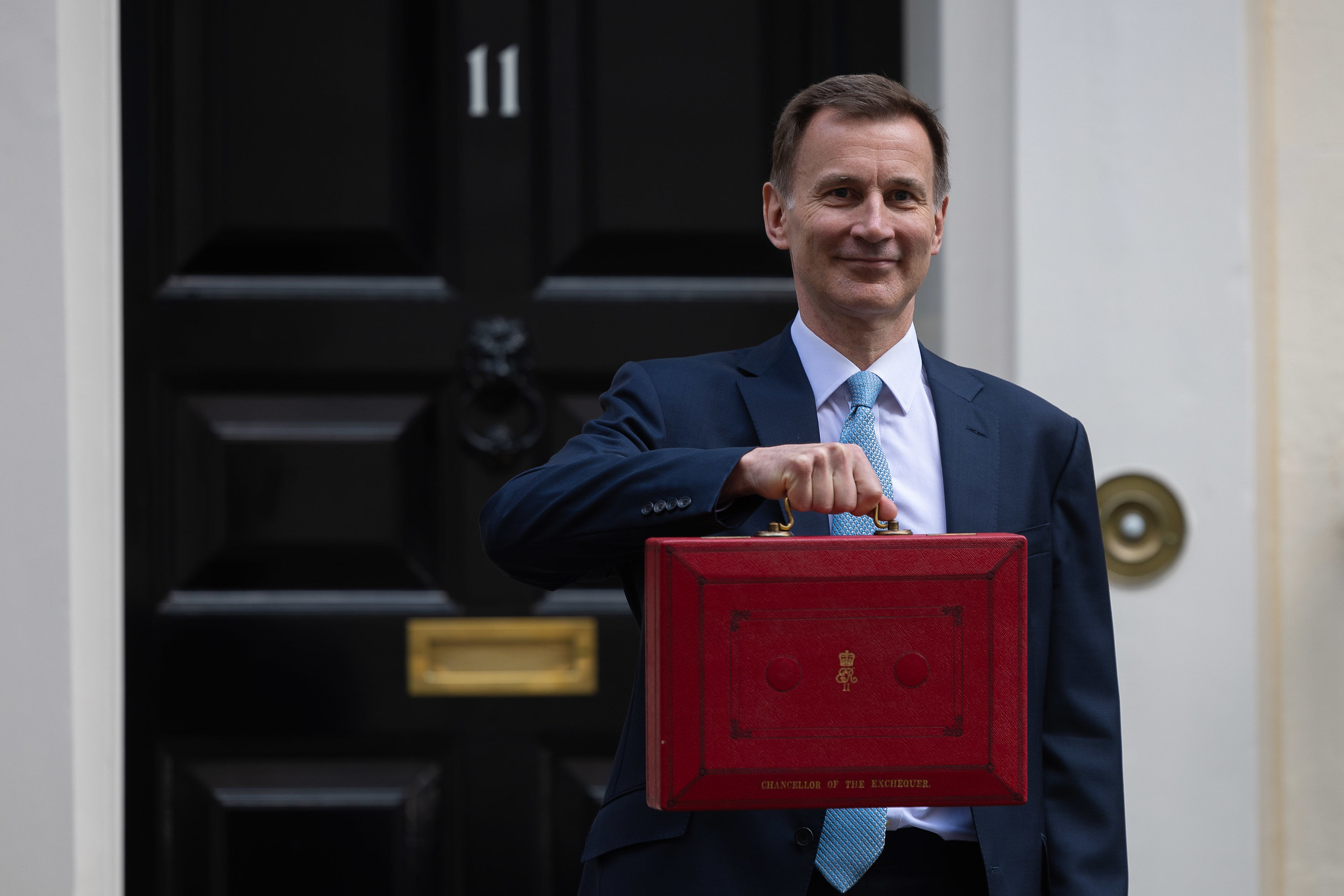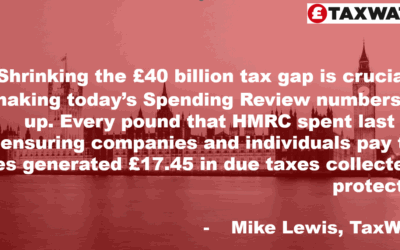Responding to today’s Spring Budget 2024, the TaxWatch team focuses its thoughts on a few areas it found particularly interesting, from a tax compliance and administration standpoint.
Furnished Holiday Lettings (FHL)
As speculated in recent days, the Chancellor announced the removal of the furnished holiday lettings regime, which provides benefits in the form of full mortgage interest relief for qualifying holiday let businesses and reduced capital gains tax (CGT) on disposal, when compared with ordinary let properties.
We wrote last year about the unclear policy purposes of these benefits, which were greatest for higher rate taxpayers, but were often used in relation to holiday homes which owners also used themselves, and created a complex compliance requirement. We therefore welcome the planned abolition, particularly as it also removes some clearly unintended benefits – such as long-term property owners getting reduced CGT rates after only two years of letting as FHLs.
However, we published a blog yesterday noting some of the things that would need to be taken into account in winding up this regime. These issues – particularly around any rules for deciding on those FHL businesses which would alternatively fall under trading rules – will need to be considered carefully as details are finalised.
It’s hard to understand from the calculations of the increased tax take (below) what the detail of the changes may be, or any anticipated behavioural consequences. The Budget statement and supporting documents only say that changes will come into existence from April 2025, and that there will be some CGT anti-avoidance legislation starting from today.
Furnished Holiday Lets: abolish preferential tax regime from 6 April 2025
| 23/24 | 24/25 | 25/26 | 26/27 | 27/28 | 28/29 | |
| Tax | +0m | * | +35m | +140m | +180m | +245m |
Source: HM Treasury Spring Budget 2024 Policy Costings
The published policy costing for the measure confirms that the change applies to income and corporation tax relief, primarily for mortgage interest, as well as Business Asset Disposal Relief for Capital Gains Tax on the eventual sale of qualifying FHLs. This indicates an assumed significant increase in disposals of properties currently used as holiday lets over the next few years. Wider behavioural changes, including the separate announcement of a reduction in the CGT rate for higher rate income tax payers (to 24%) may be intended to soften the blow for affected taxpayers who stand to lose out most from the mortgage interest relief restriction. Measures to prevent disposals ahead of the change coming in will be confirmed in the draft legislation, given those with most to lose will start selling off properties between now and April 2025, when the difference in CGT rates between 10% and 24% could result in significant savings. If a great sell-off happens earlier than expected then they may not reap the return they hope for in later years.
We will wait with interest to see if the details truly simplify the situation and produce the expected returns.
Creative Industry tax reliefs
The creative industries are clearly the highly favoured sector for the Budget theatrics of the Chancellor, securing yet more beneficial tax treatment as part of a £1bn package in today’s statement.
Despite concerns about the value for money and targeting of existing sector-specific tax reliefs for the creative industry sectors, these were already becoming yet more generous from next month, with the new Audio Visual Expenditure Credit (AVEC) regime for film, high-end TV, children’s TV and animation productions.
The new announcements have multiple strands, the most significant relating to corporation tax reliefs which are: increasing the rate of expenditure credit by five percentage points for film and high-end TV productions from April 2025, removing the 80% cap on the visual effects uplift within the credit, and introducing yet another sub-category for lower-budget films (‘UK Independent Film Tax Credit’) at an exceedingly generous rate of 53%. Ensuring these tax breaks aren’t subject to widespread abuse will require a far better-resourced and more proactive approach from HMRC, working with the BFI.
We’ve recently tried to obtain information about the Creative Industries Team that deals with compliance aspects of these reliefs within HMRC, but had the request refused due to it potentially prejudicing the assessment or collection of tax. We have some concerns that there are limited resources for compliance in this area, despite the obvious potential for exploitation of these reliefs. TaxWatch worries about the distortions created by such sector-specific regimes, even if compliance is well managed.
Other announcements
Despite much campaigning from a variety of professional and non-governmental bodies, this budget once again fails to provide any further funding for HMRC customer services or compliance. The budget did announce some funding for the debt management team, presumably due to the high levels of current outstanding debt.
Bearing in mind the impact that poor customer service is having on the economy, as covered by us recently, and the potential return on proper investment in HMRC compliance activity, it seems that the Government has missed a trick yet again.
A much-trailed announcement was made to remove the beneficial regime for UK tax-resident individuals domiciled overseas (colloquially known as the ‘non-dom’ regime) in respect of UK income tax and capital gains tax. Transitional rules intended to smooth the impact of these changes for affected individuals mean that the changes raise substantially less revenue than had been expected, especially as non-doms won’t be liable for UK tax on assets placed within trusts before the new regime comes into effect. The rules for UK inheritance tax have not been confirmed, as changes in this area are (yet) more complicated and prone to unforeseen behavioural effects.
Alongside the Budget, a number of HMRC consultations have been launched. The most interesting of these from TaxWatch’s perspective (and to which we will be responding) looks at options to strengthen the regulatory framework in the tax advice market. We welcome the proposal to set out the next steps for tackling non-compliance in the umbrella company market shortly.



